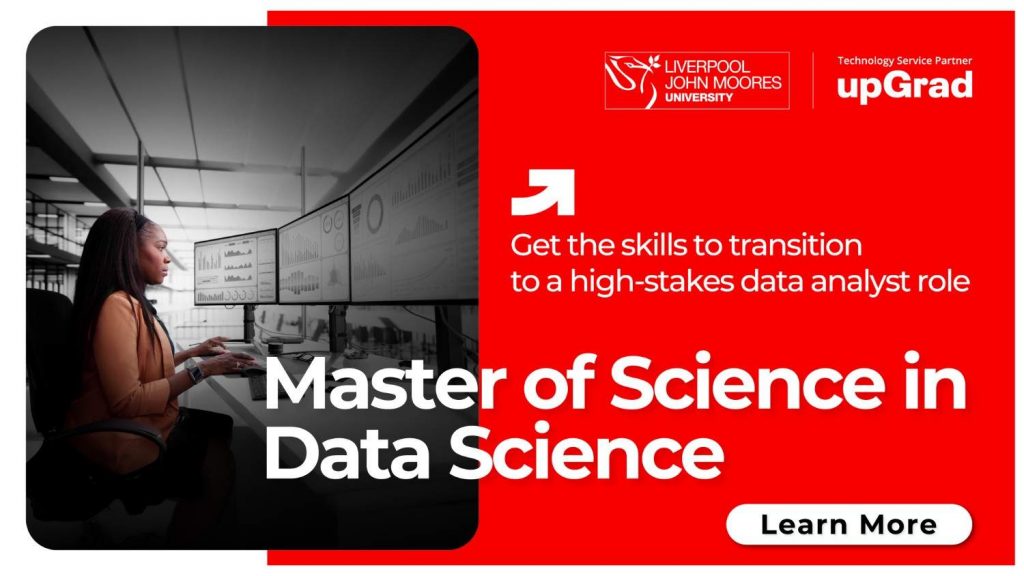Data mining is the process of extracting useful information from large sets of data. It employs sophisticated mathematical algorithms to segment datasets and evaluate the probability of future events. Data mining is extremely powerful, but a few techniques seem to make some people uncomfortable.
In this post, we’ll explore some of the lesser-known data mining techniques that many try to keep under wraps.
Why the Secrecy Around Some Data Mining Techniques?
Before we dive into the specifics, it’s important to understand why some data mining techniques are not openly discussed. There are a few reasons for this:
- Privacy Concerns: Some advanced data mining techniques could enable unintended privacy violations if used without care. There are valid worries about how consumer data is used.
- Competitive Advantage: In business, some view advantageous data mining techniques as a trade secret. Sharing could erase a hard-won competitive edge.
- Ethical Worries: Certain techniques tread into ethically ambiguous territory. Only some people agree where boundaries lie regarding data use.
Predictive Policing
Predictive policing uses data mining in law enforcement to identify likely hot spots for criminal activity. This enables police to optimise patrol routes and deploy units to areas where crime is statistically probable. Studies show it meaningfully reduces some types of crime.
However, some view predictive policing as accusatory toward disadvantaged groups. Since it deploys police to areas that likely need intervention, it inevitably focuses on economically depressed locations.
Customer Emotion Prediction
Recent advances in machine learning and sentiment analysis enable marketers to evaluate customer emotions toward products, brands, and marketing content. By analysing language patterns, facial expressions, and metadata, they can classify sentiments on an incredible scale.
However, direct marketing to customers based on emotion prediction strikes some as manipulative and intrusive. The ability to mathematically quantify feelings seems cold and dystopian to critics. They argue it treats humans like stimuli-response robots rather than self-directed thinkers.
Identifying Vulnerable Populations
Data mining now allows incredibly accurate predictive models around public health. Analysts can integrate datasets covering income, education, past trauma, community ties, access to care, genetics, and other factors to pinpoint populations statistically prone to addiction, depression, obesity, heart disease, and other disorders.
This enables directed intervention programs addressing root causes in at-risk groups. However, it also identifies vulnerable subsets of society that some argue are unfairly categorised.
Also Read: Predictive Analytics: Future Trends and Patterns
Individualised Marketing Responses
Clickstream analysis of past online activity now enables marketers to craft highly individualised messaging for each customer. Data mining builds custom models predicting preferences, price sensitivity, rebuttals to objections, optimal communication channels, likeliest conversion sequences, and more.
Marketers can now tailor content for the individual rather than painting broadly at segments. Response rates to campaigns skyrocket as a result. However, civil liberty advocates argue this use of personal data is intrusive and manipulative. They make the case that individually optimising sales funnels treats humans like automatons rather than autonomous actors.

Projecting Life Outcomes
Recent analytic advances now enable the projecting of various life outcomes for individuals with high accuracy. Data mining can now reasonably forecast future income, health trajectories, career progression probabilities, entrepreneurial viability, investment behaviour, political leanings, and even relationship patterns, given enough starting data.
However, using predictive analytics to isolate destinies strikes many as scientifically arrogant and dismissive of personal agency. They view life outcome forecasting as failing to account for the role of free will and assuming the false certainty of social physics projections.
Targeting Addictive Content
Through a technique called reinforcement learning, data mining now allows for optimising social media content to maximise engagement. By predicting which posts, videos, and messages will be most salient to users, platforms can mathematically identify the most viral ideas.
This enables socially addictive feeds, keeping users frequently engaged. However, optimising to exploit neural systems some view as unethical. Critics argue that hijacking innate visual preferences fosters unhealthy compulsions rather than meaningful interaction.
Conclusion
Data mining offers incredible power to extract insights from information. However, in the wrong hands, a few little-known techniques could enable harm. Valid ethical worries shroud some methods in secrecy, given the potential for misuse or unintended effects.








